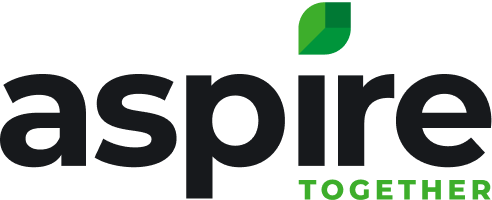We are a full service landscape company that offers a discount for prepaying in full for fertilization and weed control at the beginning of the season. What is best practice to handle this? I understand that I have to manually enter the discounts via credit memos, but how do you keep track of the services the client has prepaid for? For example, our clients can prepay for aeration. How do you keep track of who prepays for aeration? Notes??? Just seems super inefficient.
In our previous CRM, we could take a prepayment, apply it to the services they prepaid for and as those services were billed, the prepayment was automatically applied to those invoices (oh and it accounted for the prepay discount automatically).
Aspire just seems clunky, as I have to manually enter credit memos for the discounted amount and then apply, along with applying the prepay credit memo to the invoice.





